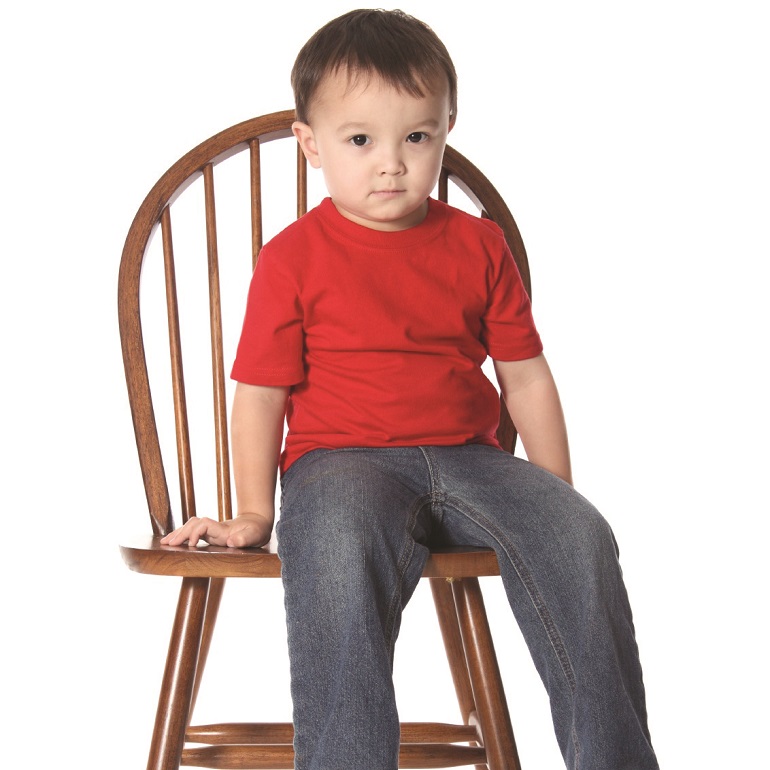Watching preschoolers can be exhausting. They love to explore and play–and these little explorers have little impulse control and absolutely no sense of danger. They assert their developing independence by “escaping,” and it’s no wonder parents feel like they could use some naptime, too!
Some parents are comfortable with setting limits, and others are reluctant to discipline. Some would rather trail a wandering toddler around the playground, or let their kids make a mess at a restaurant rather than say, “Tables are for eating at, not for climbing on.” But teaching our kids good behavior is one of the most important–if not the most enjoyable–tasks of parenthood.
Afraid to Be Firm
Many adoptive parents are reluctant to discipline. They are so grateful to finally be parents that they relish the fun and neglect some of the harder aspects of parenting. Others feel great compassion for their children’s past suffering, or anticipate their child’s future sadness when he begins to comprehend the losses inherent in adoption. These parents tend to give their children a pass when they are misbehaving.
Awareness of the birth family can make adoptive parents anxious about discipline, as well. One mom told me she felt that the birth mother was looking over her shoulder, and this inhibited her taking a firmer stance with her son. She wanted to “do right by” the birth parents who entrusted her with their child.
When any child this age is firmly disciplined, he’ll probably fume and may even say that he no longer likes his mommy (or daddy). When this happens, a parent may worry about being compared by their child to his birth parents. No wonder some of us are reluctant to discipline.
Getting Tough
Yet, it is essential to claim your child as your own. Remember that a parent’s role is to meet her child’s needs, not just to be liked. And real parents provide discipline.
Heidi Murkoff, author of What to Expect: The Toddler Years (Workman), writes, “Discipline means to teach, and that should be your only objective when disciplining a toddler…teaching them right from wrong. It doesn’t mean to hurt, to harm, to humiliate, to punish.” Disciplining your adopted child, guiding them with love and respect, helps them develop self-esteem and responsibility, and teaches them to handle freedom.
Toddlers learn limits by testing them, so use the discipline methods that work for kids this age (see “Firm but Fair”). If your child feels your love and approval, he will, most of the time, want to please you and will behave as he knows you would like him to.



